Marga Minco
Marga Minco (b. 1920) grew up in a family of five in Breda. Unlike her sister, brother and parents, she went into hiding during World War II. In 1957 she made her debut as a writer with 'Het bittere kruid' (Bitter Herbs), the laconic and devastating story of a young girl who escapes through a back door when her family is arrested, and ultimately discovers that she has lost everyone close to her. The book was a great success at home and abroad, with over 400,000 copies sold in the Netherlands alone.
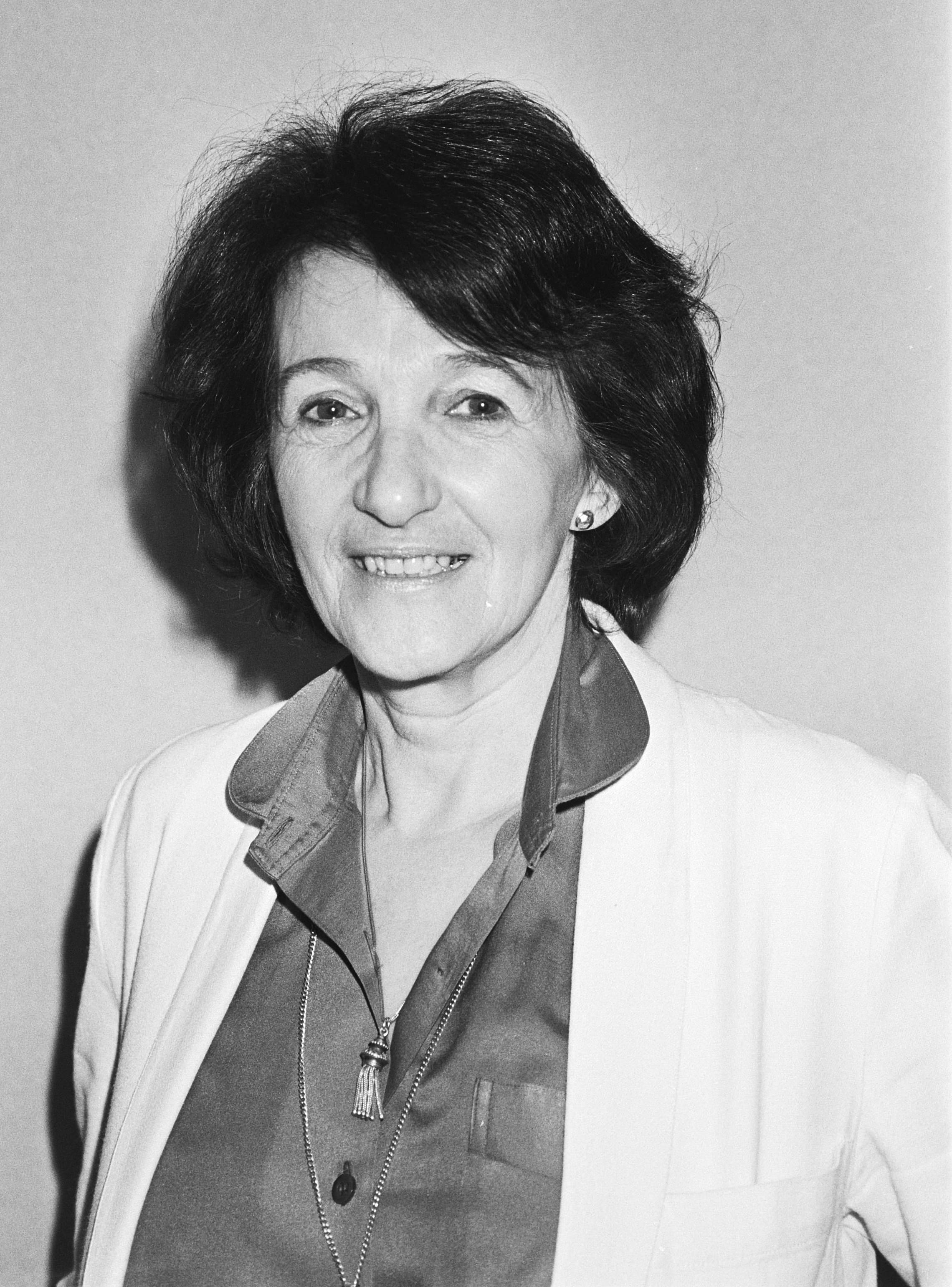
New work followed at irregular intervals: De andere kant (The Other Side, 1959), Een leeg huis (An Empty House, 1966), De val (The Fall, 1983) and De glazen brug (The Glass Bridge, 1986). In 2004, she published Storing (Interference), a collection of stories.
Prizes
In 2005, Marga Minco was awarded the prestigious Constantijn Huygens Prize for her entire oeuvre. In 2018 Minco won the P.C. Hooft Prize 2019, one of the most important Dutch literary awards. The jury praised her as the author of a modest and intensely powerful body of work. ‘Without psychologizing, without resorting to pathos or pretention, she enables us to understand and fully engage with an inconceivable reality.’
More Marga Minco
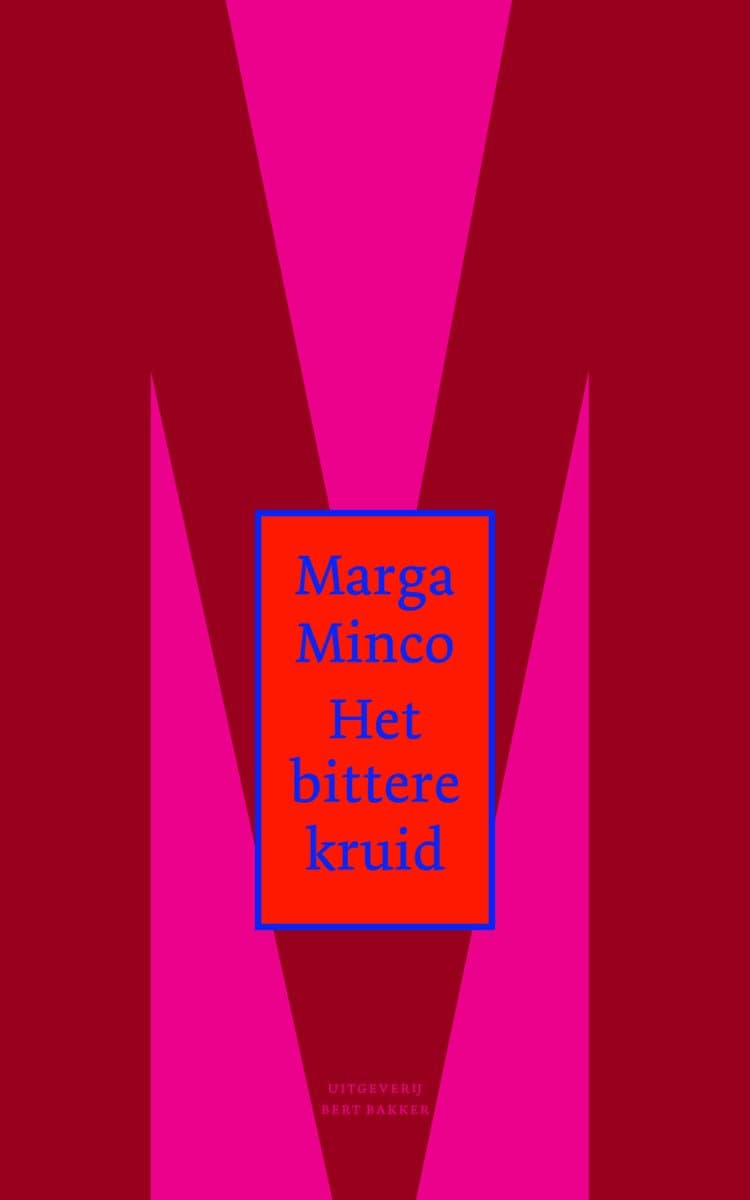
Bitter Herbs
Marga Minco is the only member of her immediate family to have survived the Second World War. Her mother and father, her brother and his fiancée, her sister and her sister’s husband were all deported to concentration camps. Her entire body of work is informed by these facts. ‘Whether I want to or not, I always return to 1940 – 45. Those were the years that made the most impression on me.’ This inability to let go of the past is the undeniable, overarching theme of Marga Minco’s work.
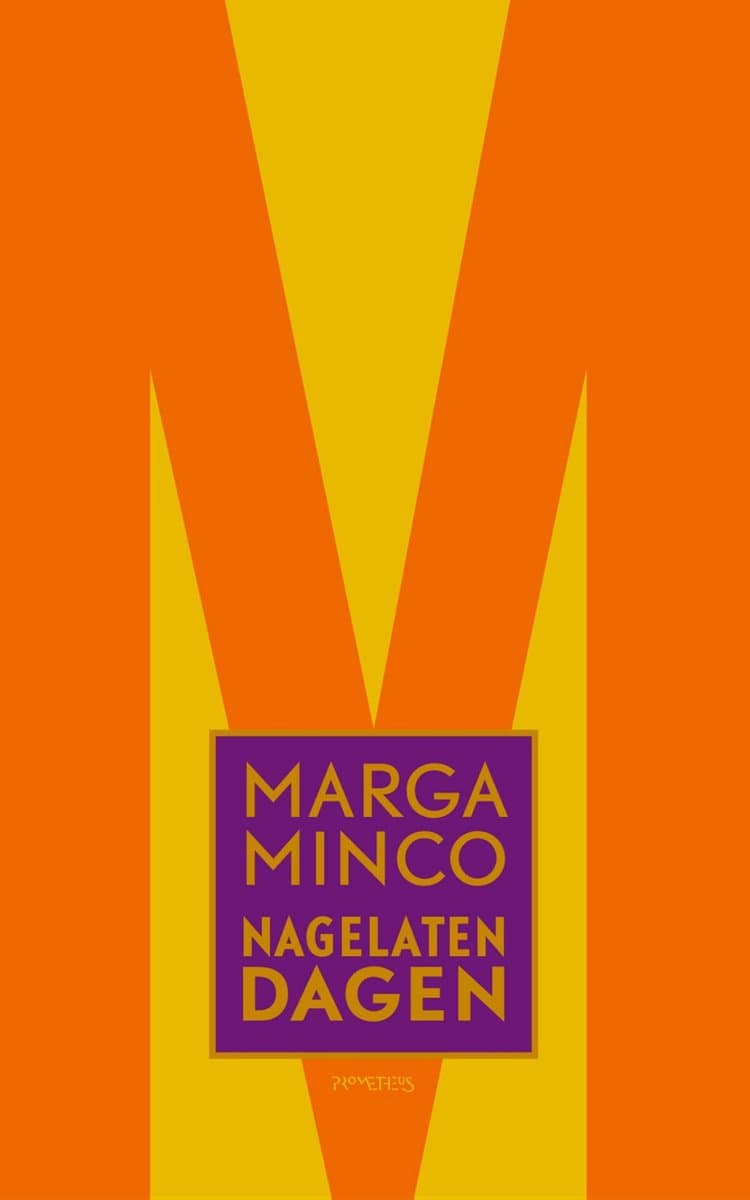
The Days They Left Behind
In Dutch literature no author is as closely associated with the process of coming to terms with World War II as Marga Minco. Throughout her meticulous and scintillating oeuvre she uses an almost unemotional tone to describe the gruesome fate suffered by Jews who went into hiding.
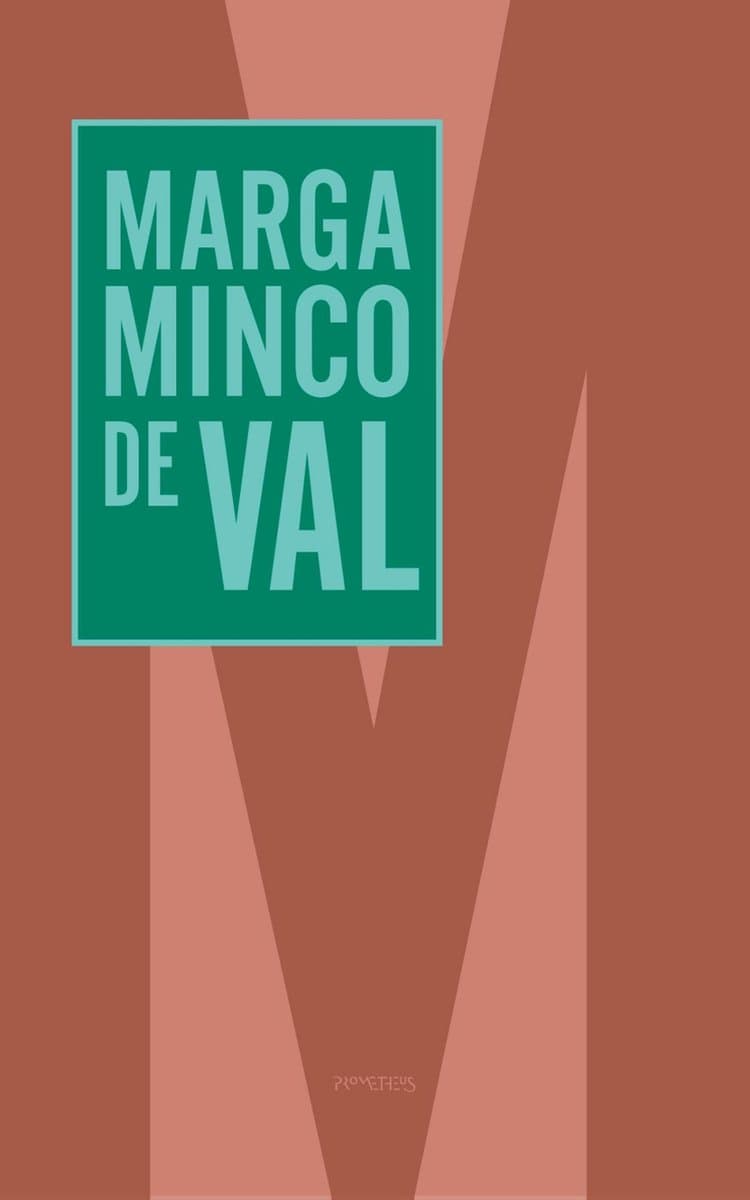
The Fall
Frieda Borgstein’s husband and two children, all dead, are constantly on her mind. A friend had promised the Borgstein family safe conduct to Switzerland. At the last moment Frieda goes upstairs for a warm sweater, trips and falls. She hears her husband and children being picked up below, not by the friend but by the Nazis. They die in a concentration camp; Frieda survives, convinced that their friend betrayed them. In the novel, she is eighty-four and living in an old people’s home. She goes into town to buy pastries from the baker for her birthday the next day.
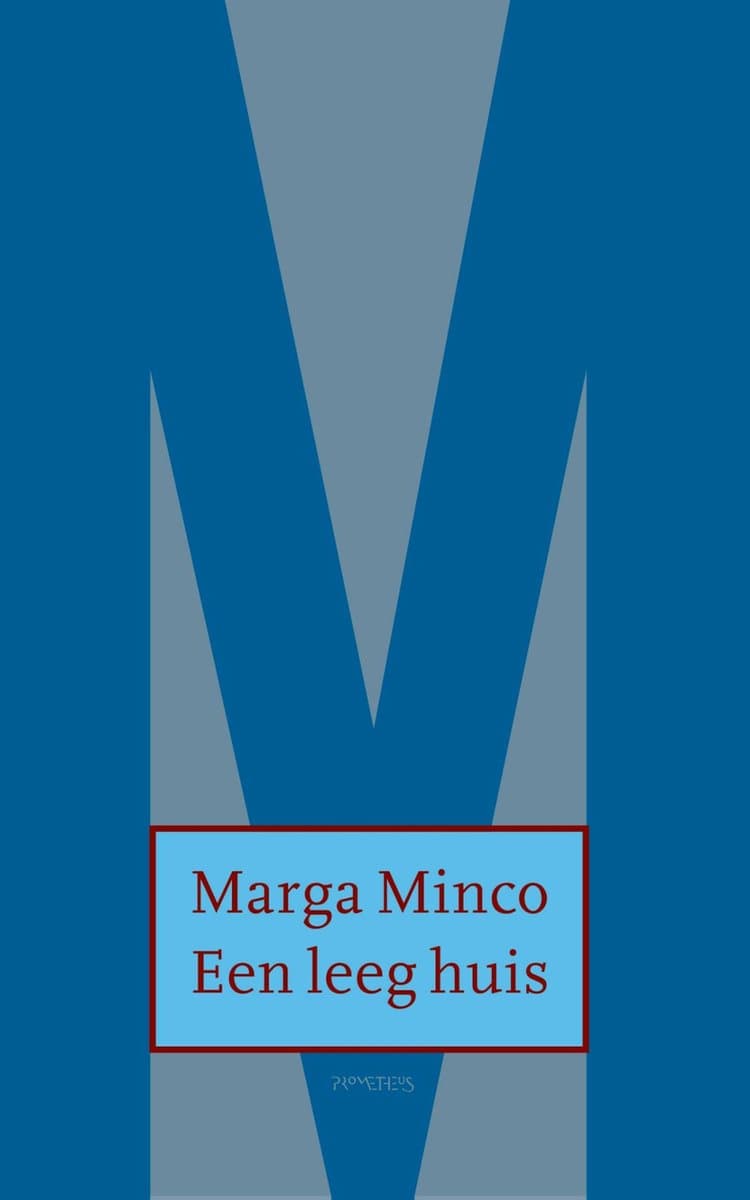
An Empty House
On 10 July 2023 Marga Minco, one of the most renowned authors in the Netherlands, died at the age of 103. She leaves behind a small but impressive body of work in which memories of the Second World War and the Holocaust play a central role. She writes about these subjects with great restraint: ‘You have to write soberly about a dramatic event, or it becomes melodrama. I wanted to say it as precisely as possible. Never two words if just one could do.’